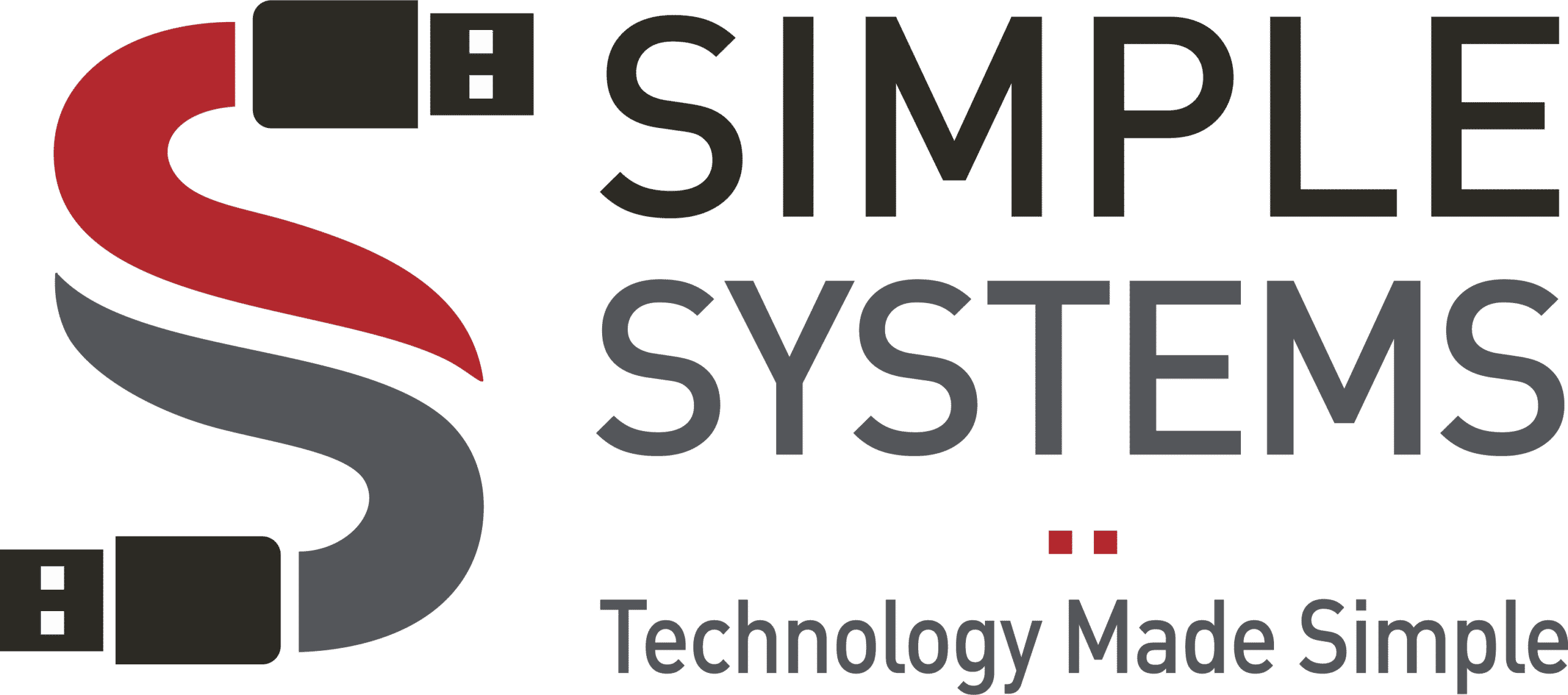Data is the lifeblood of businesses, and protecting it in a cloud backup environment is not just a necessity—it’s a promise to your clients and stakeholders that you value their trust. However, your cloud backups are only as secure as the measures you use to protect them.
The ever-evolving array of cyber threats calls for a diligent approach using cloud security managed services and best practices.
Understanding the Risks Associated with Cloud Backups
Despite its convenience and flexibility, using a cloud backup service comes with its own set of vulnerabilities. To take all necessary precautions and measures, business owners and cloud security managed services should be thoroughly aware of these risks. Some of the most common include:
- Data Breaches: Nearly 79% of businesses have faced at least one incident of cloud data exposure. Data is vulnerable during transmission and storage if proper security measures are not in place.
- Ransomware Attacks: Ransomware is a type of malware that encrypts your data and holds it hostage until you pay a ransom. If left unchecked, this can lead to the loss of original and backup copies of your data—and significant financial damage.
- Insider Threats: Your employees may unknowingly compromise your data by clicking on a malicious link or falling prey to a phishing scam.
- Data Corruption and Loss: Inadequate storage infrastructure, hardware failures, or power outages can lead to data corruption and loss in the cloud.
Our Tips to Protect Your Data in a Cloud Environment
With the right security measures and practices, you can mitigate the risks associated with cloud backups and ensure your data remains safe and accessible. Combine the following tips with cloud security managed services for maximum protection.
1. Choose a Secure Cloud Backup Provider
Choose a reputable and experienced cloud backup provider to prioritize data security. Look for providers that offer end-to-end encryption, multiple layers of authentication, and compliance with standards such as ISO 27001 and SOC 2.
Your provider should also have physical security measures to protect their data centers and strong disaster recovery plans.
2. Implement Strong Encryption
Encrypt your data before it leaves your devices, during transmission, and at rest in the cloud. This adds an extra layer of protection against unauthorized access. Encryption protocols like AES-256 are recognized as industry standards and can add a higher level of protection if followed.
3. Use Multi-Factor Authentication (MFA)
Implementing Multi-Factor Authentication (MFA) significantly enhances security by requiring users to provide two or more verification factors to gain access to their accounts. This means that even if a password is compromised, unauthorized access can be prevented.
For optimal security, utilize app-based authentication methods, such as Google Authenticator or Authy, over SMS. App-based systems are less vulnerable to interception and phishing attacks, ensuring your sensitive data remains safeguarded.
4. Monitor and Audit Cloud Activity
Regularly monitoring and auditing cloud activity can give you a better understanding of any potential threats or vulnerabilities. Keep an eye on login attempts, data access, and any changes to your cloud environment, and set up alerts for unusual activity.
5. Secure Access Controls
Restrict access to your cloud backups by implementing granular access controls. Only grant permissions to essential personnel and regularly review and revoke unnecessary access. The most popular access control methods include the following:
- Role-Based Access Control (RBAC): Restrict data access based on company roles and responsibilities.
- Least Privilege Principle: Limit permissions to the minimum necessary level to carry out tasks.
6. Utilize Cloud Security Managed Services
Consider utilizing cloud security managed services to further enhance the protection of your data. These services offer expert knowledge and resources to monitor, detect, and respond promptly to any potential threats. Providers also typically offer continuous monitoring, encryption management, and compliance support
If your company has 24/7 access to expert guidance and support, you can reduce your response time and handle threats more efficiently.
Focus on Effective Data Backup With Simple Systems
Data security is an ongoing process, and it’s crucial to keep your systems up-to-date with the latest security measures. Simple Systems is a cloud security managed service provider that offers state-of-the-art data backup solutions and support. Our team of experts can help you implement best practices to safeguard your data and provide continuous monitoring for any potential threats. Avoid jeopardizing your data with expert services from Simple Systems.


